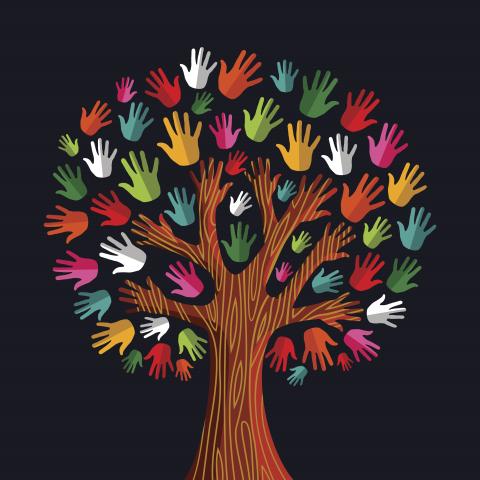Sociology
Gender and Development
Course Content(List of the topics/sub-topics to be covered in the lectures/practicals/assignments):
3. GENDER, DEVELOPMENT AND THEORETICAL PERSPECTIVES 4. Public Policy in Post-Independence India: Agriculture, Environment,
5. Urbanization and Social Development.
6. From women to gender: The development of the field. ( What is efficient, equitable, and equal?)
7. Contending perspectives, differing voices : Globalization of feminism and human rights? Who is to say what is right?
8.. Development and Social Change: Viewed with a Gender Lenses
Advanced Theory of Society
John Rex, Key Problems of Sociological Theory, Routledge and Kegan Paul, 1961. Jon Martindale, The Nature and Types of Sociological Theory, Routledge and Kegan Paul, 1961. F. Tonnies, Community and Association: Gemeinschaft and Gessellschaft, Translated and Supplemented by Charles P. Loomis, Routledge and Kegan Paul, 1955. R.K. Merton, Social Theory and Social Structure, Indian Edition, Original, 1968. T. Parsons, Shils, et.al. Theories of Society, Vol.I & II. The Free Press, Glencoe, 1961.
Sociology of Infrastructure
Anand, Nikhil. Hydraulic City: Water and the Infrastructures of Citizenship in Mumbai. Durham: Duke University Press. 2017.Anand, Nikhil, Akhil Gupta, and Hannah Appel (Eds.). The Promise of Infrastructure. Durham, NC: Duke University Press. 2018.Harvey, Penny and Hannah, Knox. Roads: An Anthropology of Infrastructure and Expertise. Ithaca: Cornell University Press. 2013.Larkin, Brian. 302221The Politics and Poetics of Infrastructure.302222 Annual Review of Anthropology:42(1):327-343. 2013.Ramakrishnan, K, et al.
Ecology and Society
Sociology and the Environment: Mapping the field and its’ intellectual tradition Ecological PerspectivesSocial Ecology, Cultural Ecology, Eco- Feminism and Political Ecology Development, and Environment Sociological analysis and the Global Environment Contemporary Environmental Debates: the global environmental movements environmental movements in India and Protests, large dams and human displacement, gender and environment Major Environmental Accords: Rio-92, Kyoto and it’s socio-ecological and Sociological significance
Civil Society: Its Foundations and Future
Relations between the family and civil society - Plato and Aristotle, Civility and Intellectual Autonomy – Kant, Civil Society as the site of inequality – Rousseau, Origin of Civility in the sentiment of sympathy – Smith, Communism as the future of civility - Marx, The Civil Sphere as a Contemporary Idea – Jeffery, Post-Colonial Democracies and Civil Society – Chatterjee, De-Provincializing Civility, Civility, Trust and the Public Sphere, Society, Individuals and Groups, The necessary transformations of Civil Sphere in the name of Civility
Introduction to Science and Technology Studies
How technoscientific and social phenomena interact and influence each other?How scientific knowledge and technological artifacts are constructed?In what ways technologies mediate our perception of reality? How gender, race, and other social inequalities are reproduced or amplified bytechnologies? How do we distribute the risks and benefits of S&T?How can public govern and influence the trajectory of scientific research?
Indian Society
Social Inequality and Social Stratification in India: Caste, Tribe, Class (Urban and Rural, Agrarian, Middle Class), Ethnicity) Family and Kinship: Institutions and Transformation Gender and Patriarchy: Honour, Violence, and Intersectionality Agrarian Change and Urbanism in India: Persisting and Emerging Inequalities, Opportunities for Mobility Social Mobility: Trends, Possibilities, Policies Social Movements and Social Conflicts in India: Women, Students, Peasants and Farmers, Working Class, Region and Ethnicity, Environment Religion and Faith in India: Religiosity, Materiality
Social Theory - II
Action, structure, function and agency Self and other The social construction of reality Structuralism in sociology / anthropology The interpretation of cultures Ethnomethodology and Phenomenology Feminism and the subversion of identity
Pagination
- Previous page
- Page 5
- Next page
